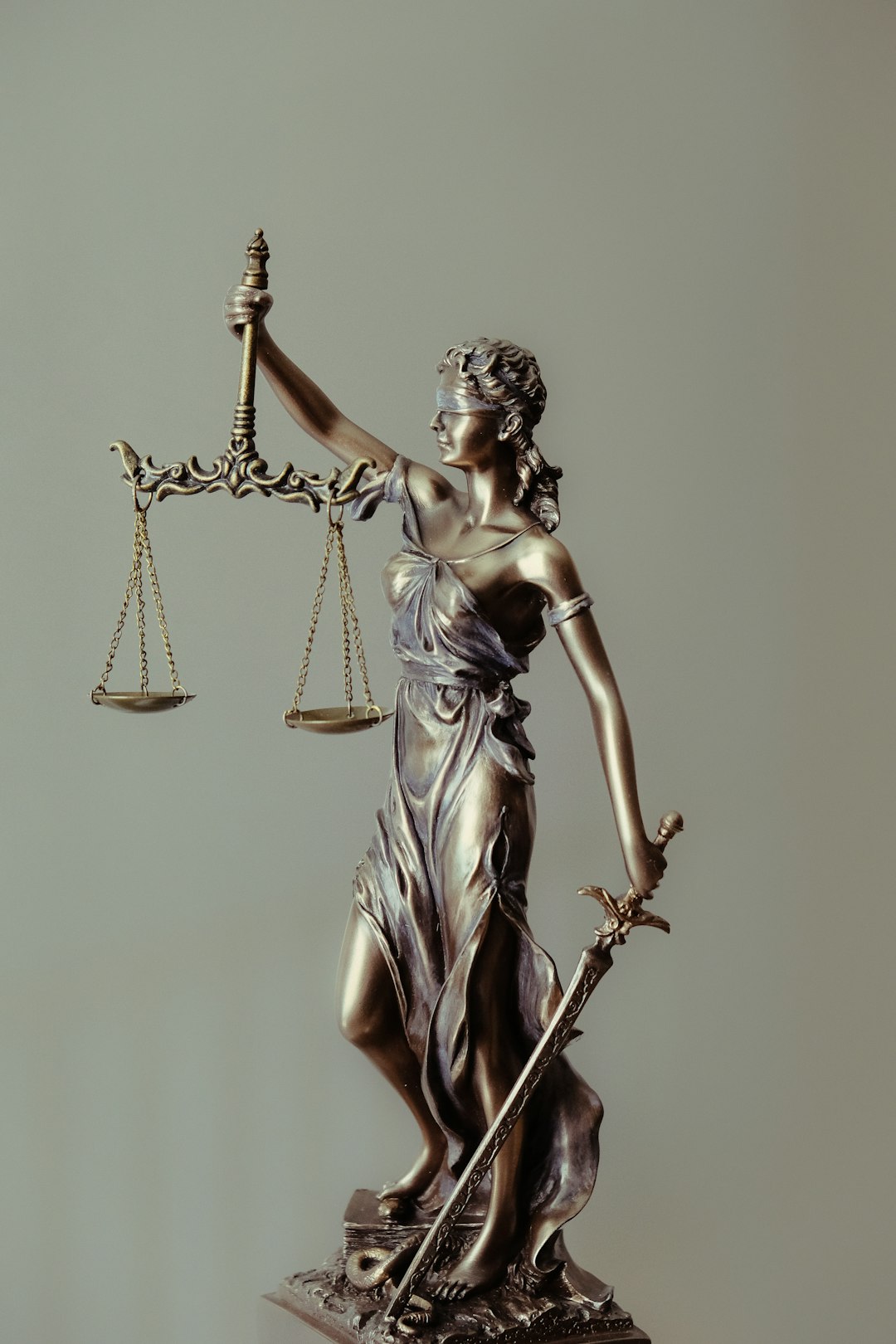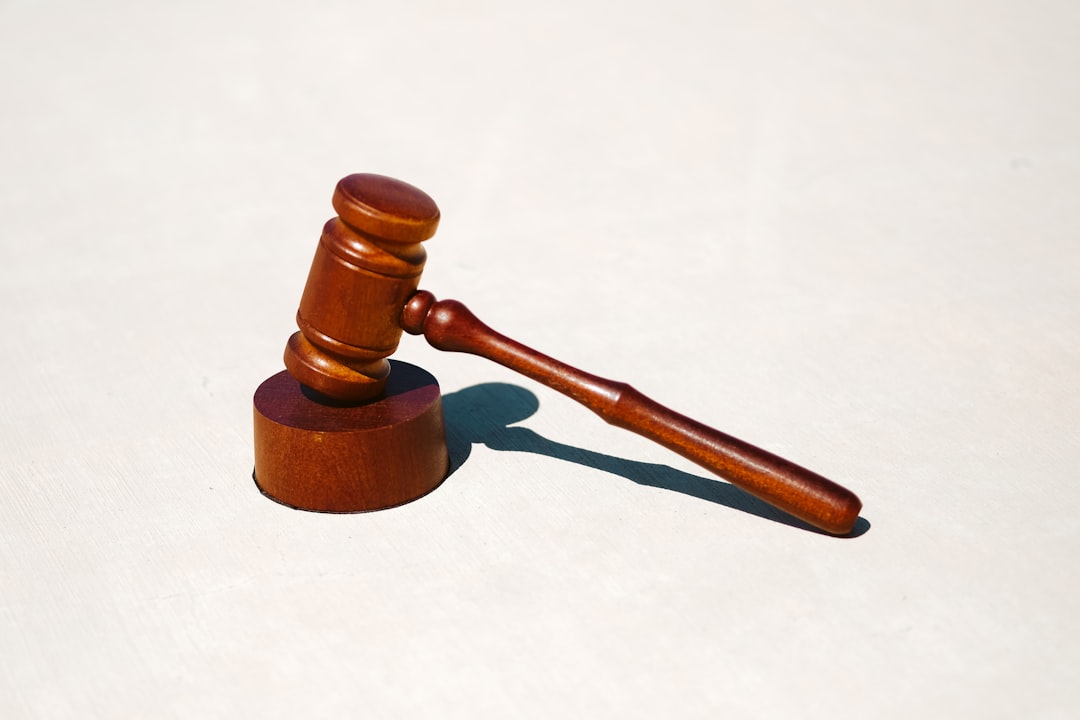Sexual abuse trials in New Jersey rely heavily on jury selection, where experienced attorneys act as advocates for survivors. These attorneys strategically guide clients through the complex process, aiming for an unbiased panel that understands the sensitivity of the case while objectively evaluating evidence. By leveraging knowledge of community dynamics and employing effective questioning techniques, they ensure fair juries, fostering a safe environment for victims to share their stories and seek justice in Jersey City's legal landscape. The ultimate goal is fair trials, balancing empathy with objectivity through best practices in jury selection.
“In the sensitive realm of sexual abuse trials, effective jury selection is paramount to ensuring justice. This article explores the intricate process in Jersey City courts, where a sexual abuse attorney plays a pivotal role. We delve into the challenges and best practices surrounding jury selection, offering insights into how advocates navigate this crucial phase. Understanding these dynamics is essential for both professionals and folks advocating for victims’ rights in New Jersey.”
Understanding Jury Selection Process in Sexual Abuse Trials

The jury selection process in sexual abuse trials is a crucial step, and it plays a significant role in ensuring justice for victims. In New Jersey, this process involves careful consideration and evaluation of potential jurors to seat an unbiased and fair panel. A sexual abuse attorney in New Jersey will guide their client through this intricate phase, aiming to select individuals who can approach the case with openness and understanding.
This selection is not merely about choosing anyone; it’s about finding people who can set aside personal biases and preconceptions. The goal is to have a jury that can empathize with the victim’s experience while also objectively evaluating the evidence presented during the trial. This delicate balance ensures a fair hearing, which is why a competent sexual abuse attorney in New Jersey advocates for thorough yet impartial jury selection.
Role of a Sexual Abuse Attorney in Jersey City Courtroom

In the complex landscape of Jersey City’s legal system, a Sexual Abuse Attorney plays a pivotal role in advocating for survivors and ensuring justice in sexual abuse trials. These attorneys are well-versed in navigating the intricate procedures and laws surrounding such sensitive cases. They possess the expertise to guide clients through the entire process, from initial consultation to verdict, providing emotional support and strategic legal counsel.
A key aspect of their responsibility is selecting the right jury. With keen insight into potential biases and community dynamics, a Sexual Abuse Attorney in New Jersey can help empanel a fair and impartial jury. They leverage their knowledge to challenge or accept potential jurors based on their understanding of the case’s nuances, ensuring the courtroom becomes a safe space for the survivor to share their story and seek redress.
Ensuring Fair Trials: Challenges and Best Practices in Jury Selection

Ensuring a fair and just trial is paramount in any legal case, especially in sensitive matters such as sexual abuse cases. The jury selection process plays a crucial role in this regard, as it aims to seat an impartial and unbiased panel that can objectively evaluate the evidence presented. In New Jersey, where sexual abuse attorneys often navigate complex trials, implementing best practices during jury selection is essential.
One challenge lies in overcoming potential biases and preconceptions among prospective jurors. Sexual abuse cases often evoke strong emotions, requiring lawyers and judges to carefully assess each juror’s ability to remain impartial. This involves thorough questioning about their personal experiences, relationships, or any previous exposure to similar cases. By uncovering these factors, attorneys can make informed decisions to challenge or accept potential jurors, ensuring a diverse and unbiased jury pool. Effective communication and education during this process are vital to fostering an environment where every individual feels heard and respected, ultimately contributing to the integrity of the trial.




